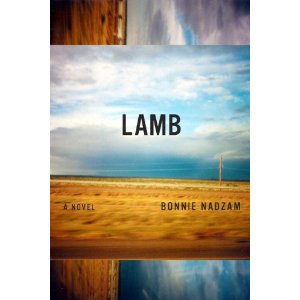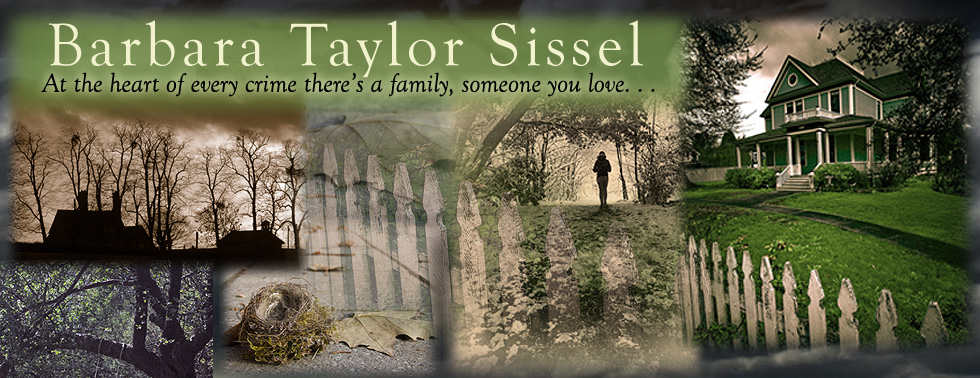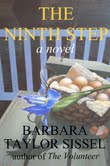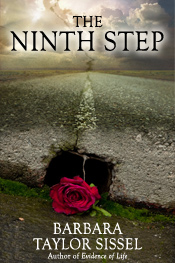 Bonnie Nadzam in her debut novel, Lamb, has created a complex and disturbing story. David Lamb is a fifty-something-year-old man whose life is falling apart. His father has died and his wife has left him. With nothing solid to anchor himself to, Lamb is cruising, mentally, emotionally, physically. One day, cruising on an unfamiliar street, he’s approached by an eleven-year-old girl, Tommie. A couple of her “friends” have dared her to ask him for a cigarette. Lamb realizes the situation immediately. That it’s a dare and it raises something inside him. He’s incensed that Tommie is being used in this way. She begins to look like a cause to him, like a project that maybe he can fix up since he can’t fix anything in his own life, in his own head. As the reader you want this child to be all right. You really hope Lamb is going to be the good influence he’s striving toward, that he’s going to improve this child’s circumstances. Tommie wants this too; she’s yearning for it, for something, anything. But that’s what adolescence is, an ache, a gigantic, exquisitely painful, joyful hole inside that demands to be filled.
Bonnie Nadzam in her debut novel, Lamb, has created a complex and disturbing story. David Lamb is a fifty-something-year-old man whose life is falling apart. His father has died and his wife has left him. With nothing solid to anchor himself to, Lamb is cruising, mentally, emotionally, physically. One day, cruising on an unfamiliar street, he’s approached by an eleven-year-old girl, Tommie. A couple of her “friends” have dared her to ask him for a cigarette. Lamb realizes the situation immediately. That it’s a dare and it raises something inside him. He’s incensed that Tommie is being used in this way. She begins to look like a cause to him, like a project that maybe he can fix up since he can’t fix anything in his own life, in his own head. As the reader you want this child to be all right. You really hope Lamb is going to be the good influence he’s striving toward, that he’s going to improve this child’s circumstances. Tommie wants this too; she’s yearning for it, for something, anything. But that’s what adolescence is, an ache, a gigantic, exquisitely painful, joyful hole inside that demands to be filled.Looking back, I guess it could be said that adolescence is the yearning for experience, the longing to be master of one’s fate, but whatever it is, this is Nadzam’s forte, the way she makes you feel inside, like this eleven-year-old-lost child. You pray that Lamb is going to do the right thing by Tommie when he goes back into her neighborhood multiple times to feed her, to bring her gifts, to talk to her. But the whole time you know, you sense this relationship is not conventional. This man and this child have strayed into unknown territory and when Lamb takes Tommie, when he basically kidnaps her and drives her from Chicago west into the Rocky Mountains to some remote cabin ostensibly to teach her about the wilderness, to introduce her to a more organic connection to life, it is scary. It is a rude ride through a mountainous setting that is vividly beautiful and ruthlessly painted.
This novel reads like a rising heartbeat. It is a tale that knots your stomach. You want to put it down, to put it out of your mind, but the writing is so taut, so compelling and haunting that you can’t. At least I couldn’t. Nadzam is a master at point of view. At times, it’s hard to know from what position the story is being told. In a way you might be seduced into believing you are telling it to yourself, Nadzam takes you that far into Lamb’s mind. Not a comfortable place to be. And as intimately as you are there, you are also in Tommie’s mind and emotions, but this is no Lolita redux. There is nothing overtly sexual and yet . . . and yet. . . .
Readers and authors will often say that books should be entertaining, that people don’t want to be reminded of their very human condition, their frailties, vulnerabilities--weaknesses. They don’t want a story about which they have to think. But sometimes a book can do both. If you are drawn to gorgeous writing, disturbed characters, a plot that could stand alone as a taut thriller, Lamb does do both. In a manner that is reminiscent of Lionel Shriver’s, We Need To Talk About Kevin, Lamb is an unsettling journey as hard to put down as it is to forget.
For more about this wonderful author, visit her website.









